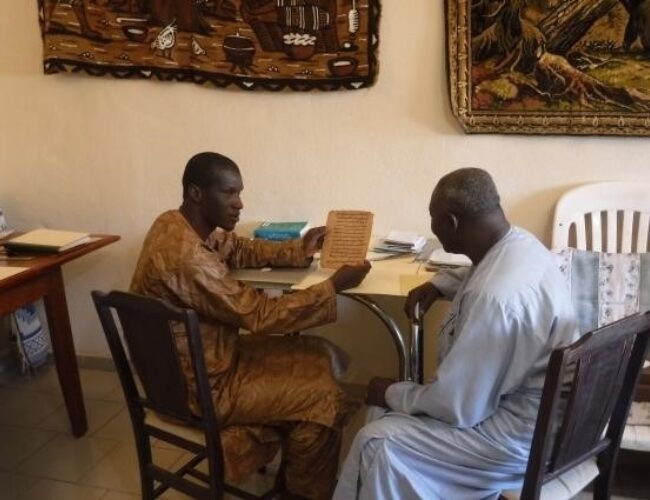The Yattara family library is a manuscript collection that has been developed over centuries by a prominent family from Timbuktu, Mali. Its contents were largely unknown. An overall assessment of the library is necessary to assess the manuscript’s conditions and develop a conservation plan.

The privatisation of indigenous lands—the reparto de tierras—is an epochal but poorly understood process in Mexican history, remaining largely trapped in narratives of liberal nation‐building or postcolonial despoilment. Yet, there is no knowledge of how indigenous people experienced the reparto. As the one complete surviving record of a state-wide Mexican reparto, the hijuelas offer historians valuable insights into a major agrarian/economic transformation and a deeper understanding of changes in indigenous notions of property, agricultural practice, ethnic rule, and identity. Additionally, the hijuelas are important for comparative scholarship and for indigenous scholarship and activism today.
Physically, the books languish in Michoacán’s under-resourced state archive, exposed to sunlight, damp and theft, and showing clear signs of zoological infestation. Politically, Michoacán is very insecure with whole districts controlled by drug cartels or communitarian self-defence forces. For many researchers, the state is inaccessible.
The project digitised almost 200 hijuelas. The project trained the local archive staff and four students in digitisation techniques, and the equipment used during the project was donated to the archive to ensure the continuation of digitisation efforts. Plans for scholarly dissemination of the material are bringing together 20 scholars from the UK, Germany, France, Mexico and the US.
